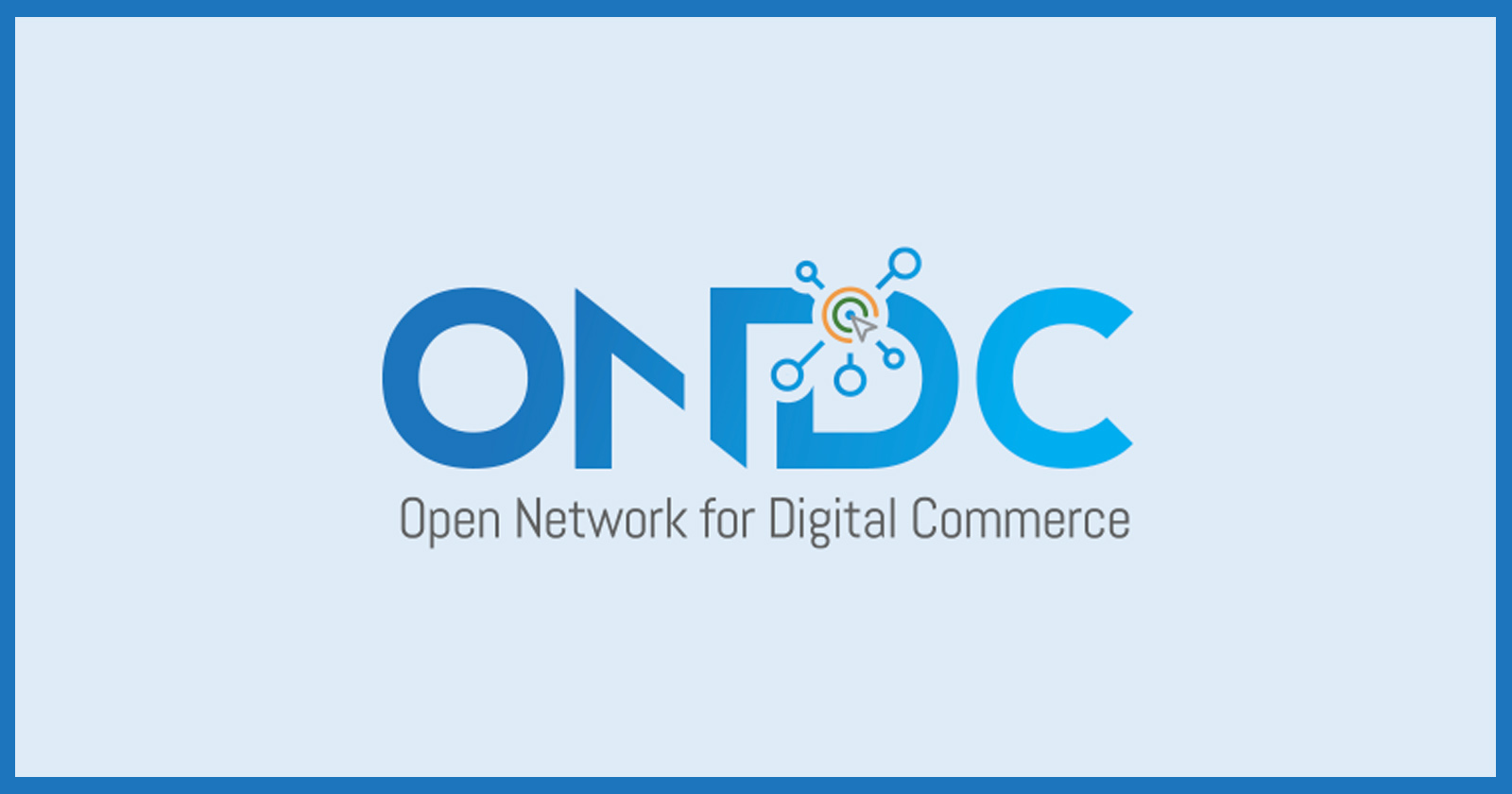Ministry of Commerce and Industry on ONDC: Lowers Entry Barriers to Digital Commerce

Ministry of Commerce – Ministry of Commerce and Industry – ONDC – Lowers Entry Barriers to Digital Commerce – Lowers Entry Barriers – Lowers Entry – Digital Commerce – taxscan
Ministry of Commerce – Ministry of Commerce and Industry – ONDC – Lowers Entry Barriers to Digital Commerce – Lowers Entry Barriers – Lowers Entry – Digital Commerce – taxscan
Shri Som Parkash, the Union Minister of State for Commerce and Industry, emphasized that the Open Network for Digital Commerce (ONDC) Network aims to reduce entry barriers in the realm of digital commerce in the written reply in Rajya Sabha.
This approach ensures a level playing field for all e-commerce models and enables the separation of different stages in e-commerce transactions, promoting the emergence of novel business models and opportunities. Consequently, ONDC plays a crucial role in expanding digital commerce and making it more inclusive for all stakeholders.
The ONDC is a non-profit organization, established under the initiative of the Department for Promotion of Industry and Internal Trade (DPIIT), aiming to democratize digital commerce. ONDC is responsible for creating and upholding the ONDC Protocol, which functions as an open technical standard comparable to UPI, HTTP, and SMTP.
By adhering to the ONDC Protocol, any two platforms can seamlessly interact and operate together without the need for direct integration between their systems. The collective group of applications that comply with the ONDC Protocol forms the ONDC Network.
Similar to how UPI facilitates seamless money transfer across different banks and payment platforms, and SMTP enables email exchange regardless of the recipient's email service, the ONDC Protocol empowers buyers and sellers to engage in trade of goods and services, irrespective of the platforms they utilize, as long as those platforms are integrated within the ONDC Network, stated the Minister in his reply statements.
The difficulties in adopting ONDC stem from its facilitation of offline businesses transitioning to the online realm for the first time, which can present challenges. Nonetheless, ONDC is addressing these concerns by offering supportive systems and capacity building initiatives to ensure a seamless and trouble-free transition process.
The ONDC fosters transparency, trust, and efficiency through its design and operational practices, which incorporate free and open-source standards and systems, decentralization, privacy by design, participatory approach, transparency, level playing field, a clear audit trail, and safeguarding the rights of buyers and sellers.
Furthermore, ONDC operates on open specifications, specifically the ONDC Protocol, allowing any two platforms that adhere to this protocol to communicate and interact seamlessly without the need to learn each other's specific language for managing messages and processes.
This is accomplished through the implementation of the ONDC Registry, which functions like a phonebook, enabling users to locate other platforms that are compliant with the ONDC Protocol. Once a platform meets the required protocol standards and agrees to participate, its details are added to the registry, providing a comprehensive list of all registered platforms.
The combined efforts of the Protocol and the Registry establish a network of e-commerce platforms capable of discovering, connecting, and engaging with one another. This ONDC Network encompasses various buyer applications and seller applications that operate harmoniously together.
Within this open network, buyers gain the ability to explore and buy products/services from sellers, using any seller application, all through a single buyer application of their preference, expects the ministry.
Support our journalism by subscribing to Taxscan premium. Follow us on Telegram for quick updates


